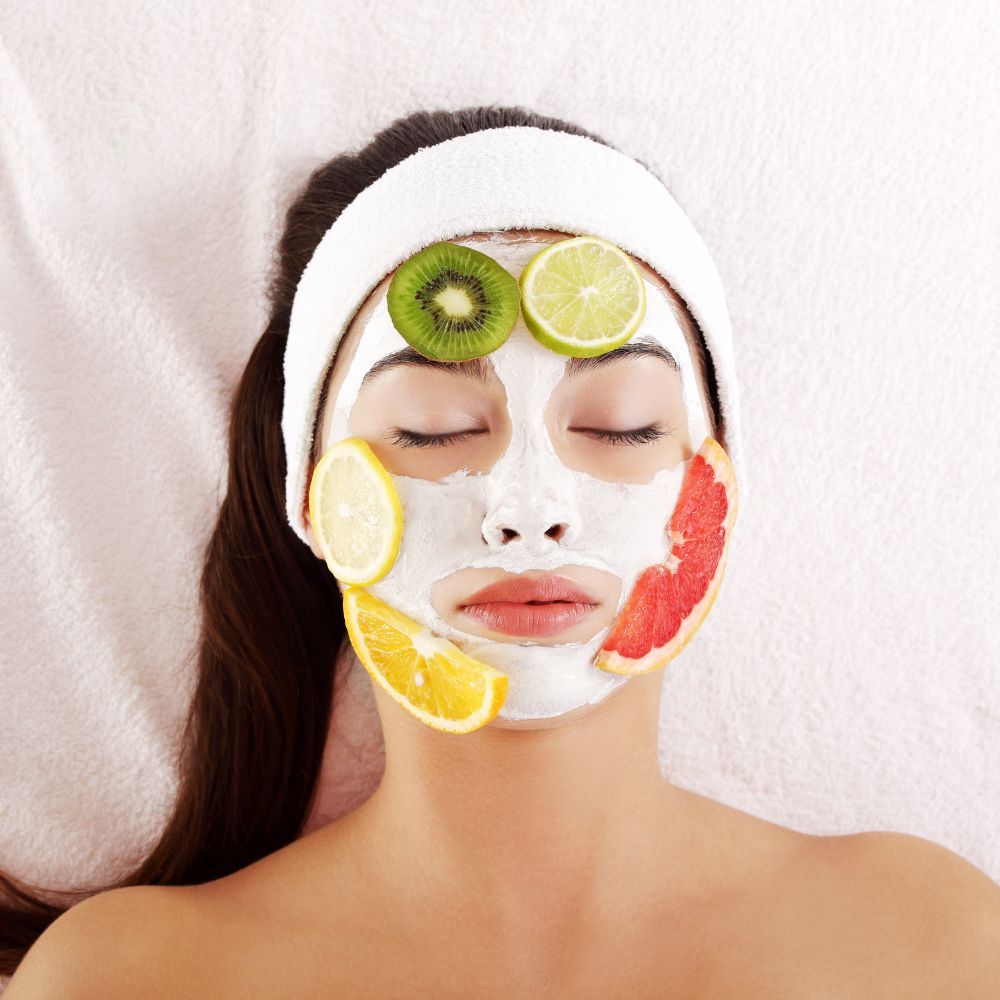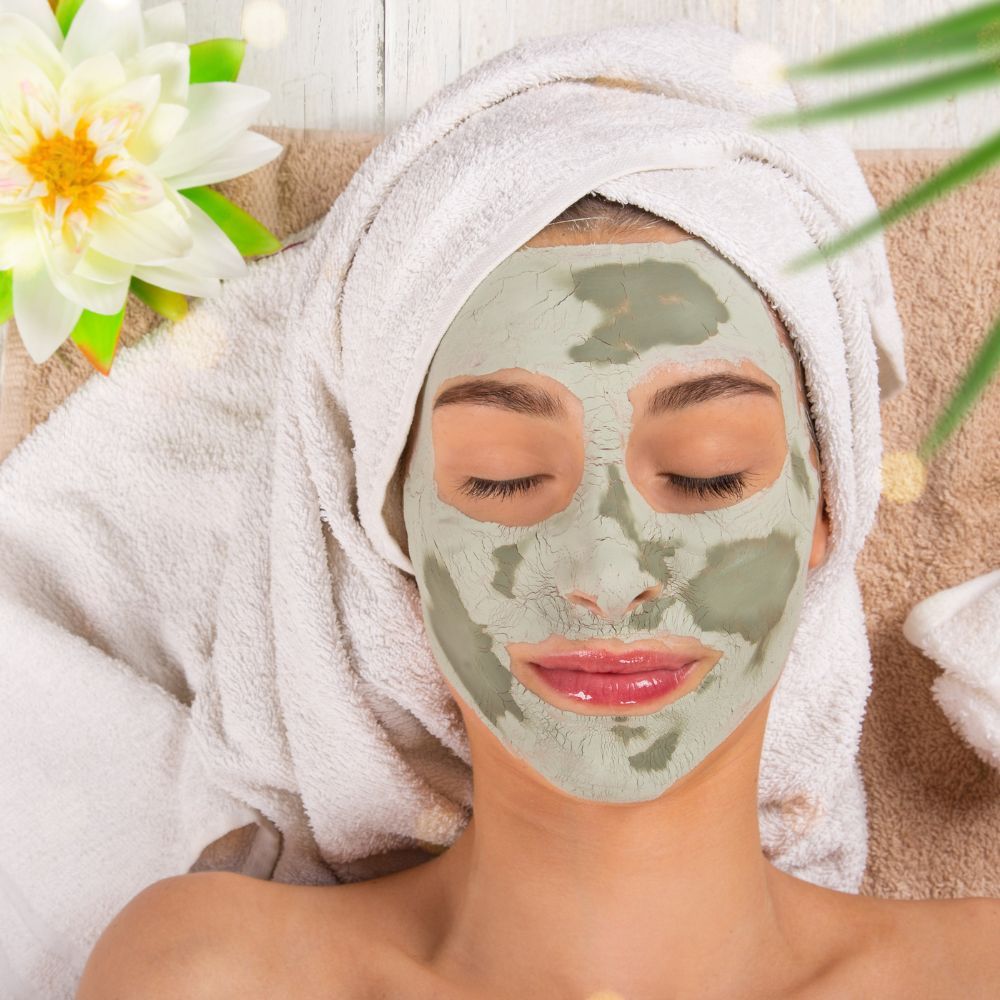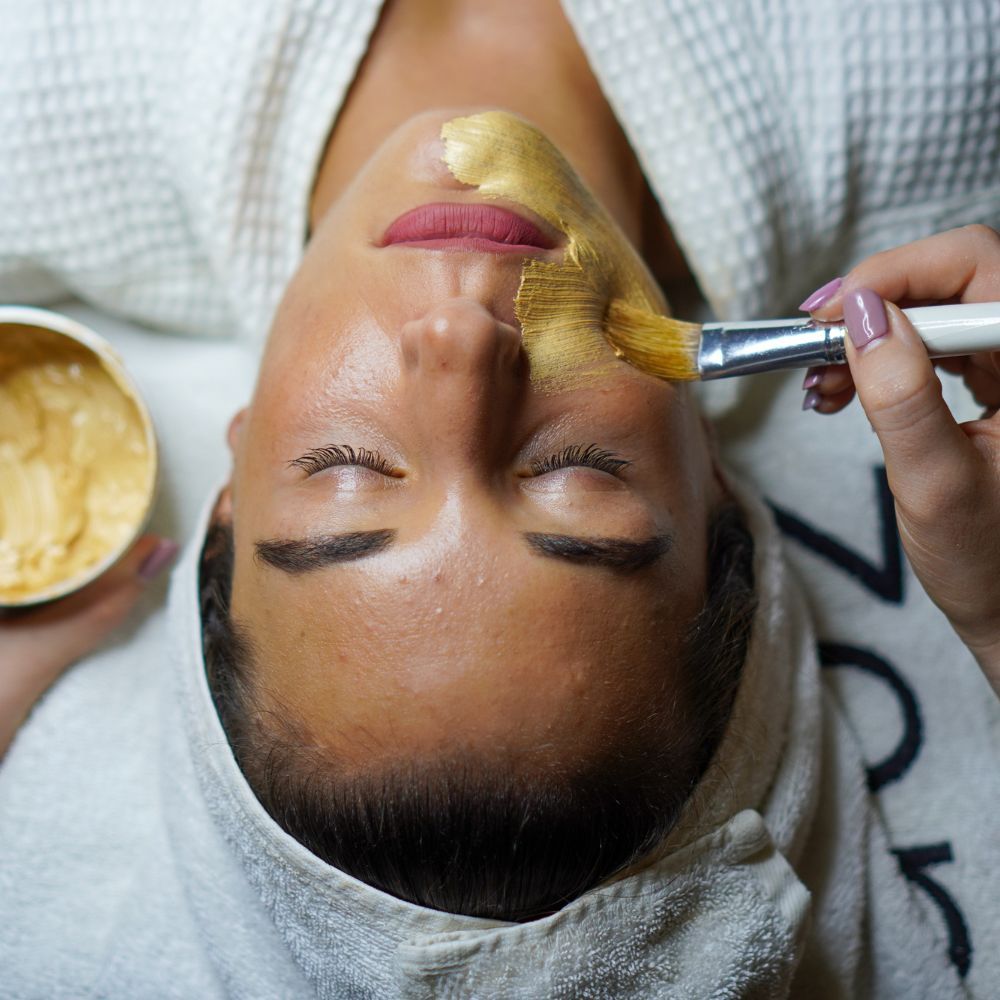Anyone who has ever suffered from acne knows that it is not only painful, but also embarrassing. Acne can make people self-conscious and cause them to avoid social situations. While there are many over-the-counter products that claim to treat acne, they are often harsh and can cause further irritation. However, there is one simple solution that you probably already have in your home—a face mask!

How Face Masks Help Acne Prone Skin
Face masks are an easy and convenient way to give your skin the extra care it needs. When used regularly, face masks can help to control breakouts, unclog pores, and soothe irritated skin. For best results, it is important to choose a face mask that is specifically designed for acne prone skin. Look for a mask that contains ingredients like clay, activated charcoal, or sulfur, which have all been shown to be effective at treating acne.
When applying a face mask, be sure to avoid the eye area. Also, leave the mask on for the amount of time recommended by the manufacturer. Once the time is up, rinse your face with lukewarm water and pat dry with a clean towel. For best results, use a face mask 2-3 times per week.
If you are struggling with acne, then you should definitely try using a face mask! Face masks are an easy way to give your skin some extra love and attention. When used regularly, they can help to control breakouts, unclog pores, and soothe irritated skin. Just be sure to choose a face mask that is specifically designed for acne prone skin and follow the directions carefully.
5 FAQs about Face Masks for Acne Prone Skin
Can face masks help with acne-prone skin?
Yes, face masks can be beneficial for acne-prone skin. Certain masks can help reduce excess oil, unclog pores, and calm inflammation, which are common concerns for individuals with acne-prone skin. However, it's essential to choose masks specifically formulated for acne-prone skin and to use them appropriately to avoid potential irritation.

What type of face mask is best for acne-prone skin?
When it comes to face masks for acne-prone skin, the best type is typically a clay mask. Clay masks are known for their ability to absorb excess oil, unclog pores, and remove impurities from the skin. Here are a few specific types of clay masks that are beneficial for acne-prone skin:
- Bentonite Clay Mask: Bentonite clay is a natural clay with excellent absorbent properties. It helps draw out impurities, excess oil, and toxins from the skin, making it particularly beneficial for acne-prone skin. Bentonite clay can also have a soothing effect on inflamed acne lesions.
- Kaolin Clay Mask: Kaolin clay is another popular option for acne-prone skin. It is a gentle clay that helps absorb excess oil and unclog pores without excessively drying out the skin. Kaolin clay masks are often combined with other soothing ingredients to calm inflammation and reduce redness associated with acne.
- French Green Clay Mask: French green clay, also known as illite clay, is highly effective in absorbing oil and impurities from the skin. It is rich in minerals and has antimicrobial properties, making it suitable for acne-prone skin. French green clay masks can help detoxify the skin, tighten pores, and promote a clearer complexion.
In addition to clay masks, there are also other types of face masks that can benefit acne-prone skin. Look for masks that contain ingredients such as salicylic acid, tea tree oil, sulfur, or benzoyl peroxide. These ingredients are known for their ability to target acne-causing bacteria, exfoliate dead skin cells, and reduce inflammation.
When selecting a face mask for acne-prone skin, consider your skin's sensitivity and specific concerns. It's advisable to patch test a small area of skin before applying the mask to your entire face, especially if you have sensitive or reactive skin. Additionally, follow the instructions provided with the mask and avoid leaving it on for longer than recommended to prevent any potential irritation.
How often should I use a face mask for acne-prone skin?
The frequency of using face masks for acne-prone skin depends on your skin's sensitivity and the specific mask's instructions. In general, it is advisable to use a clay mask 1-2 times per week. However, if you have sensitive skin, start with once a week and observe how your skin responds. Avoid overusing masks as it can lead to dryness or irritation.

Should I moisturize after using a face mask for acne-prone skin?
Yes, it is important to moisturize your skin after using a face mask for acne-prone skin. While some face masks can help absorb excess oil and impurities, they can also temporarily strip the skin of its natural moisture. Moisturizing afterwards helps replenish hydration and maintain a healthy moisture balance in the skin.
When choosing a moisturizer for acne-prone skin, opt for non-comedogenic or oil-free formulas. These products are specifically designed not to clog pores or exacerbate acne. Look for lightweight moisturizers that are labeled as non-comedogenic, which means they won't block the pores and contribute to breakouts.
Applying moisturizer after a face mask can also help soothe and calm the skin, especially if the mask had active ingredients such as salicylic acid or other acne-fighting agents. Moisturizers with ingredients like aloe vera, chamomile, or hyaluronic acid can provide additional soothing and hydrating benefits.
Remember to wait until the face mask is completely rinsed off and the skin is dry before applying moisturizer. Gently massage the moisturizer onto your face using upward motions, ensuring even coverage. Allow the moisturizer to absorb fully into the skin before proceeding with any other skincare products or makeup.
Moisturizing after using a face mask for acne-prone skin is an essential step to keep the skin balanced, nourished, and hydrated. It helps support the skin's natural barrier function and can prevent excessive dryness, which can potentially lead to increased oil production and further breakouts.
Can I make my own DIY face masks for acne-prone skin?
While homemade face masks can be appealing, it's crucial to be cautious when making DIY masks for acne-prone skin. Some ingredients, such as lemon juice or certain essential oils, can irritate the skin and worsen acne. If you choose to make a DIY mask, research the ingredients thoroughly and perform a patch test on a small area of skin before applying it to your face. However, for optimal results and safety, it is recommended to use commercially available face masks specifically formulated for acne-prone skin.
There are a lot of things in life that are frustrating. Acne is one of them. You thought you had left your days of pimples and blackheads behind when you entered adulthood, but it seems that acne has other plans for you. If you're looking for a face mask that can help fight acne, we've done the research for you. We've scoured the internet and reviewed a variety of different masks, and we've found the best one for acne-prone skin. So click on the link and find your next favourite face mask that will help fight those pesky acne!
Read our article about best cruelty free lipstick here!
Read our article about best deodorant for kids here!
Read our article about best lip balm for men here!







